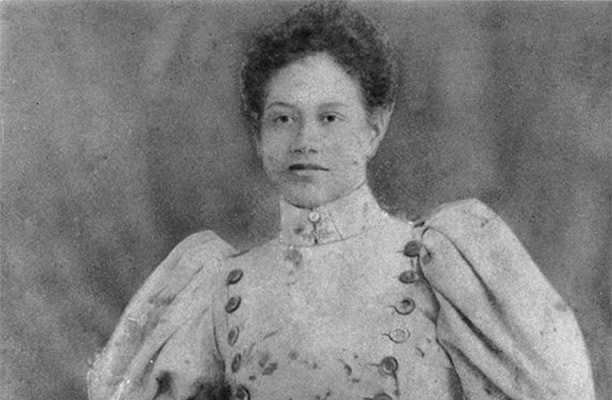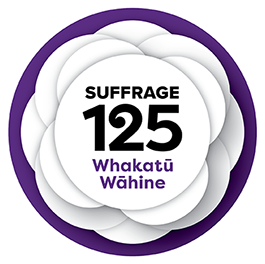
Meri Te Tai Mangakāhia (Te Rarawa) was a prominent Māori woman activist. On 18 May 1893 she addressed the Kotahitanga Māori parliament – the first woman known to have done so. She asked that women be allowed to both participate in the selection of parliamentary members and sit in parliament. Many Māori women owned and administered their own land, she observed – either because they lacked male relatives, or were more competent.
Mangakāhia was well-educated and married to Hāmiora Mangakāhia, the Premier of the Kotahitanga Māori parliament, which first met in 1892. Meri made the most of her connections and social position to advance women’s rights. In 1893 she was involved in establishing Ngā Kōmiti Wāhine, committees associated with the Kotahitanga parliament. These addressed issues confronting Māori women and their whānau. Concerns around the effects of colonisation and land loss were top priority. Domestic violence, smoking, alcoholism, religion, single mothers and the retention of traditional skills were also on the agenda.
In 1893 all New Zealand women won the right to vote. It is not known how many Māori women signed the suffrage petition, but about 4000 voted in the 1893 election. Even so, Māori women did not win the right to vote in Kotahitanga parliamentary elections until 1897.
Meri Te Tai Mangakāhia continued to be active in Māori politics and welfare. In partnership with Niniwa i te Rangi of Wairarapa, she started a column named Te Reiri Karamu (‘The Ladies’ Column’) in Te Tiupiri (The Jubilee). The robust intellectual debates carried on in letters and articles in Te Tiupiri and other Māori newspapers show that Māori women were highly engaged in issues of women’s rights in this era.
Read more on NZHistory
External links
How to cite this page
'Meri Te Tai Mangakāhia addresses Kotahitanga Māori parliament', URL: https://nzhistory.govt.nz/page/meri-te-tai-mangak%C4%81hia-addresses-kotahitanga-m%C4%81ori-parliament, (Ministry for Culture and Heritage), updated 18-May-2021


Community contributions